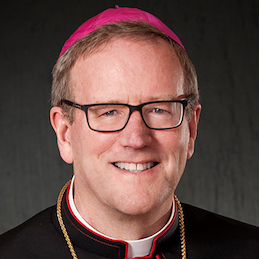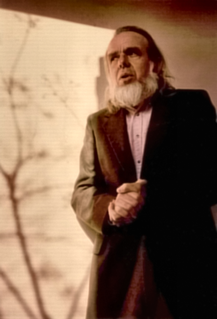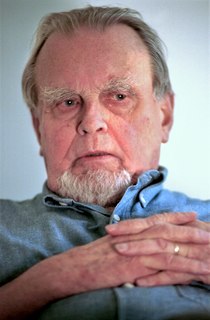A Quote by Albert Einstein
The fanatical atheists are like slaves who are still feeling the weight of their chains which they have thrown off after hard struggle. They are creatures who—in their grudge against traditional religion as the "opium of the masses"—cannot hear the music of the spheres.
Related Quotes
Religion used to be the opium of the people. To those suffering humiliation, pain, illness, and serfdom, religion promised the reward of an after life. But now, we are witnessing a transformation, a true opium of the people is the belief in nothingness after death, the huge solace, the huge comfort of thinking that for our betrayals, our greed, our cowardice, our murders, we are not going to be judged.
In our decrees, it is definitely proclaimed that religion is a question for the private individual; but whilst opportunists tended to see in these words the meaning that the state would adopt the policy of folded arms, the Marxian revolutionary recognizes the duty of the state to lead a most resolute struggle against religion by means of ideological influences on the proletarian masses.
The pop world is popular, and it's about what the people want and connecting to the masses, whereas opera, although it was once popular - and I still believe it can be - it has become very elitist and intellectual, but that certainly doesn't sell tickets. It's a struggle, but I've always embraced struggle and thrived off of it, so it's the way my life needs to go.




































